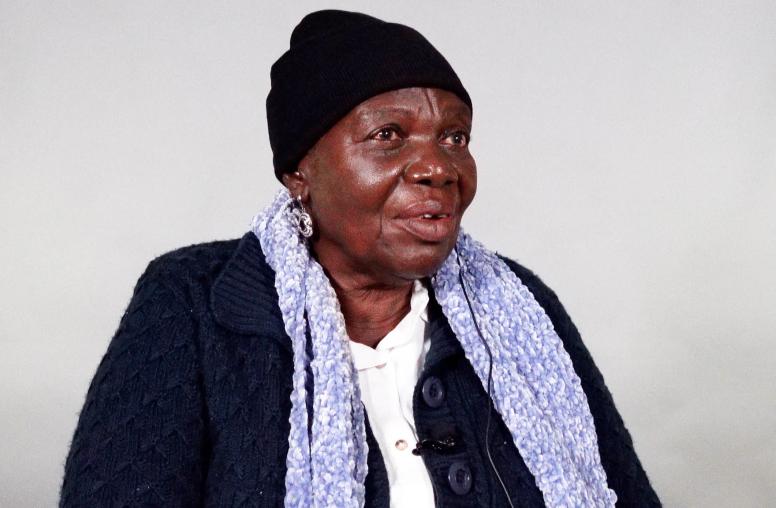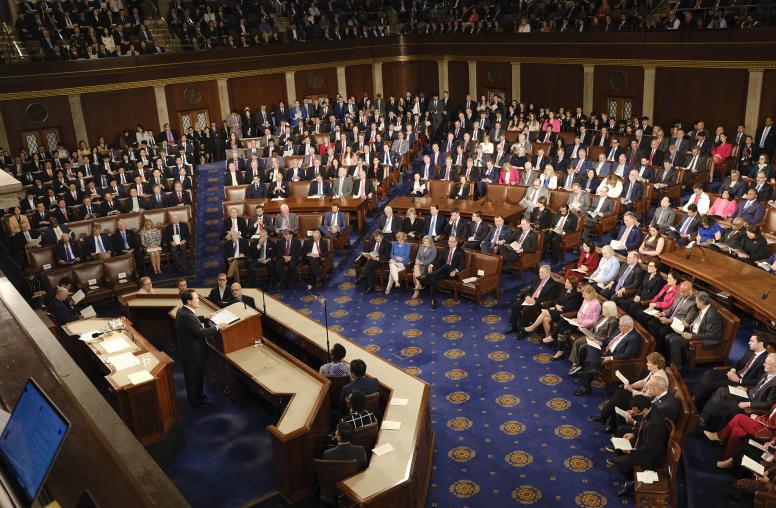Incorporating Citizen Preferences into the Design of Effective Peace Settlements
About the Paper
This paper describes the use of conjoint survey experiments to identify citizen preferences with respect to a possible peace agreement in Cyprus and a border agreement in Northern Ireland. The recommendations offered in the conclusion emphasize the flexibility of the method and its transferability to other conflict settings. Results also suggest ways of reinvigorating stalled peace negotiations (Cyprus) or improving past deals (Good Friday Agreement/Brexit-Northern Ireland) and can help contending groups and mediators identify potential zones of agreement by revealing areas where contending groups’ preferences overlap or differ and where possible trade-offs exist that could lead to greater consensus. Conjoint experiment results can be presented in the form of visual opinion maps and incorporated into interactive software applications. Such applications allow policymakers and the public to examine the elements of peace settlement packages to assess their degree of support by different communities and to evaluate communities’ readiness for peace settlements. Conjoint survey analysis thus serves as a powerful tool for identifying citizen preferences in discrete postconflict situations.
About the Authors
Edward Morgan-Jones is a professor in comparative politics at the University of Kent.
Feargal Cochrane is emeritus professor of international conflict analysis at the University of Kent.
Laura Sudulich is a reader in public policy at the University of Essex.
Charis Psaltis is professor of social and developmental psychology at the University of Cyprus.
Raluca Popp is a senior lecturer in quantitative politics at the University of Kent.
Neophytos Loizides is professor in international conflict analysis at the University of Warwick.



